We’ve all been there. You’re scrolling through your phone, and suddenly you see a headline about a famous actor’s messy divorce or a pop star’s public feud. You know you should probably move on, but you can’t help but click. This fascination with celebrity dirty laundry is a powerful force. It’s the side of fame that isn’t polished for the red carpet—the arguments, the breakups, the scandals, and the secrets. But why are we so captivated by the not-so-glamorous lives of the rich and famous?
This article explores our collective obsession with celebrity scandals. We will dive into the psychology behind our curiosity, the history of gossip, and how the digital age has changed the game entirely. Get ready to understand the complex world of celebrity dirty laundry and why it has become a cornerstone of modern pop culture.
Key Takeaways
- Our interest in celebrity dirty laundry often stems from psychological factors like social comparison and a desire for connection.
- The spread of celebrity gossip is not a new phenomenon; it has evolved from printed tabloids to instant digital updates.
- Social media has given celebrities more control over their narratives but has also increased the speed and intensity of scandals.
- While entertaining, consuming too much negative celebrity news can have an impact on our own mental well-being.
- The line between public interest and personal privacy is constantly being debated in the context of celebrity scandals.
The Psychology Behind Our Obsession
Have you ever wondered why you care about a celebrity’s personal drama? It’s not just you; there’s real psychology at play. Our brains are wired for social connection and understanding social hierarchies. Watching the lives of famous people, including their mistakes, can feel like a modern version of observing the dynamics within our own community. It gives us a sense of connection, even if it’s one-sided.
Airing celebrity dirty laundry can also trigger something called social comparison. When we see that a person who seems to have it all—fame, wealth, and success—is also dealing with relatable problems like heartbreak or betrayal, it can make us feel better about our own struggles. It’s a reminder that no one is perfect, which can be strangely comforting. This process humanizes stars, bringing them down from their pedestals and making them seem more like us, which oddly strengthens our fascination.
The Role of Schadenfreude
Schadenfreude is a German word that means finding joy in someone else’s misfortune. While it might sound harsh, it’s a common human emotion. When a powerful or wealthy celebrity stumbles, it can trigger this feeling. It’s not necessarily about wishing them ill; rather, it’s a reaction to seeing a disruption in the perceived social order. The exposure of celebrity dirty laundry can feel like a form of cosmic justice, especially if the celebrity involved has been portrayed as arrogant or untouchable. It’s a complicated feeling, blending relief, amusement, and even a touch of satisfaction that life’s challenges affect everyone.
A Brief History of Celebrity Gossip
The public’s appetite for celebrity dirty laundry is nothing new. Long before the internet, gossip columns in newspapers and magazines were the primary source for scandalous news about Hollywood stars. In the golden age of Hollywood, studios often had “fixers” whose job was to control the public image of their stars and suppress any negative stories. They would work to cover up affairs, arrests, and other scandals to maintain the squeaky-clean image the studios had carefully crafted for their biggest names.
However, publications like Confidential magazine in the 1950s broke the mold. This magazine made its name by exposing the secrets that studios tried so hard to hide. It promised to tell “the stories behind the headlines,” and the public couldn’t get enough. This era proved that there was a massive market for celebrity dirty laundry, setting the stage for the tabloid culture that would dominate the late 20th century. The methods have changed, but the core desire to know what happens behind closed doors has remained constant.
From Print Tabloids to Digital Blogs
The transition from print to digital was a game-changer for celebrity gossip. In the 1990s and early 2000s, you had to go to the grocery store checkout line to grab the latest tabloid. Now, the news is instant. The rise of gossip blogs in the mid-2000s, followed by social media platforms, meant that a scandal could break and spread across the globe in minutes. There’s no longer a weekly news cycle; it’s a 24/7 stream of information.
This digital shift made the world of celebrity dirty laundry more accessible and immediate than ever before. Anyone with an internet connection can follow along in real-time as a story unfolds. This has also increased the pressure on celebrities, as there is little to no delay between an event happening and the public’s reaction. It has created a fast-paced, high-stakes environment where a single tweet or paparazzi photo can ignite a firestorm. For more global news and updates, you can check out platforms like worldupdates.co.uk which cover a wide range of topics.
The Impact of Social Media on Celebrity Scandals
Social media has fundamentally changed the landscape of celebrity dirty laundry. Platforms like Instagram, X (formerly Twitter), and TikTok have given celebrities a direct line to their audience. They can now share their side of the story, apologize for mistakes, or confront rumors head-on without needing a publicist or a magazine interview. This gives them an unprecedented level of control over their own narrative. For instance, a celebrity can go on Instagram Live to address a rumor directly, instantly reaching millions of followers.
However, this direct access is a double-edged sword. The same platforms that give celebrities a voice also amplify scandals at an incredible rate. A single ill-advised post can go viral for all the wrong reasons. Furthermore, fans and critics can now interact directly with celebrities, sharing their opinions, praise, or disappointment. This constant feedback loop can be incredibly stressful for public figures, as every move is scrutinized by a global audience. The era of social media means there is nowhere to hide from the court of public opinion.
How Celebrities Manage Their Image
In this new digital age, image management has become more crucial than ever. Celebrities and their teams work tirelessly to curate a specific online persona.
- Curated Content: They post carefully selected photos and videos that align with their brand.
- Strategic Announcements: Major life events, like relationships or pregnancies, are often announced on their own terms.
- Damage Control: When celebrity dirty laundry does get out, they often use their platforms for crisis management, issuing apologies or explanations.
- “Going Dark”: Sometimes, the best strategy is to temporarily deactivate social media accounts to let a scandal die down.
The Most Unforgettable Types of Celebrity Scandals
Not all celebrity dirty laundry is created equal. Some stories fade away quickly, while others become a permanent part of pop culture history. These scandals often fall into a few key categories that consistently capture the public’s imagination and dominate headlines for weeks, months, or even years.

Relationship Drama: Love, Betrayal, and Breakups
Nothing gets people talking like a good old-fashioned love triangle or a messy breakup. When two famous people get together, their relationship is put under a microscope. The public becomes invested in their love story, so when things go wrong, it feels like a personal drama. Stories of infidelity, betrayal, and bitter divorce proceedings are staples of the celebrity gossip world. These narratives are filled with emotion and high stakes, making them irresistible to follow. This is the kind of celebrity dirty laundry that feels most relatable, as many people have experienced heartbreak in their own lives.
Legal Troubles and Public Falls from Grace
When a celebrity has a run-in with the law, it’s a major story. Whether it’s a DUI, a shoplifting charge, or more serious accusations, seeing a famous person in legal trouble is shocking. It shatters the illusion of a perfect life and reminds the public that celebrities are not above the law. The subsequent court cases, mugshots, and public apologies become a spectacle. This type of celebrity dirty laundry represents a dramatic fall from grace, and the public is often fascinated by the process of whether the celebrity can redeem themselves and make a comeback.
Career-Threatening Controversies
Some scandals go beyond personal embarrassment and threaten a celebrity’s entire career. This can include being caught making offensive comments, revelations of past bad behavior, or professional misconduct. In the age of “cancel culture,” these controversies can lead to celebrities being dropped by brands, fired from projects, and losing their fan base. The stakes are incredibly high, and the public watches intently to see the consequences. This is perhaps the most serious category of celebrity dirty laundry, as it can have lasting and permanent effects on a person’s livelihood and legacy.
|
Scandal Type |
Common Examples |
Public Fascination Level |
|---|---|---|
|
Relationship Drama |
Cheating, messy divorces, public breakups |
High |
|
Legal Troubles |
Arrests, lawsuits, court battles |
Very High |
|
Career Controversies |
Offensive remarks, past behavior, feuds |
Extreme |
|
Family Feuds |
Public arguments with family members |
Medium |
The Line Between Public Figure and Private Citizen
One of the biggest ethical debates surrounding celebrity dirty laundry is privacy. Where do we draw the line? Celebrities live their lives in the public eye, and a certain level of scrutiny comes with the territory. Many monetize their personal lives through reality shows, social media endorsements, and tell-all books. In these cases, it can be argued that they have willingly given up a degree of their privacy for fame and financial gain.
However, everyone deserves a fundamental right to privacy. This is especially true for their families and children, who did not choose a life in the spotlight. Paparazzi culture, in particular, raises serious questions about harassment and intrusion. The relentless pursuit of a scandalous photo can have severe psychological consequences for the people being hounded. As consumers of media, it is important to consider the human cost of the celebrity dirty laundry we so eagerly consume.
The Business of Celebrity Gossip
Make no mistake, celebrity dirty laundry is a massive business. Entire media empires have been built on our appetite for gossip. Tabloid magazines, gossip websites, TV shows, and social media accounts generate billions of dollars in revenue each year through advertising and subscriptions. A juicy scandal can lead to a huge spike in website traffic or magazine sales, making controversial stories highly valuable commodities.
This multi-billion dollar industry has a complex ecosystem. It involves paparazzi who sell photos for thousands of dollars, anonymous sources who leak stories to reporters, and editors who decide which scandals will get the most clicks. The demand for a constant stream of celebrity dirty laundry fuels this machine, creating a powerful incentive for media outlets to push boundaries and sometimes report on rumors and speculation as if they were fact.
How to Be a Responsible Consumer of Celebrity News
While it can be entertaining, it’s important to consume news about celebrity dirty laundry responsibly.
- Consider the Source: Is the information coming from a reputable news outlet or an unverified gossip account? Be skeptical of anonymous sources.
- Recognize the Human Element: Remember that celebrities are real people with real feelings. Avoid participating in online hate or bullying.
- Know When to Unplug: If you find that celebrity drama is negatively affecting your mood, it’s okay to take a break. Limit your exposure to gossip-heavy content.
- Distinguish Fact from Fiction: Many stories are exaggerated or completely fabricated for clicks. Wait for confirmation before accepting a story as true.
Conclusion
Our fascination with celebrity dirty laundry is a complex mix of psychology, history, and modern technology. From the schadenfreude we feel when a star stumbles to the relatable drama of a public breakup, celebrity scandals tap into fundamental aspects of our human nature. The digital age has only intensified this, turning private moments into global spectacles in an instant.
While it’s a guilty pleasure for many and a massive industry, it’s important to approach it with a degree of mindfulness. Recognizing the line between harmless entertainment and harmful intrusion is key. The world of celebrity dirty laundry will undoubtedly continue to evolve, but our collective desire to peek behind the curtain of fame is here to stay.
Frequently Asked Questions (FAQ)
Q1: Why are we so interested in celebrity scandals?
A1: Our interest often stems from psychological factors like social comparison, which makes us feel better about our own lives. We also have a natural curiosity about the lives of high-status individuals, and scandals humanize them.
Q2: Has the internet made celebrity gossip worse?
A2: The internet and social media have made the spread of celebrity dirty laundry much faster and more intense. While it allows celebrities to control their narrative, it also means scandals can go viral in minutes and public scrutiny is constant.
Q3: Is it wrong to read about celebrity dirty laundry?
A3: Enjoying celebrity news isn’t inherently wrong, but it’s important to be a responsible consumer. This means considering the source of the information, remembering the human element, and being aware of the line between public interest and an individual’s right to privacy.
Q4: What is the most common type of celebrity scandal?
A4: Relationship drama, including cheating allegations and messy divorces, is one of the most common and popular types of celebrity dirty laundry. These stories are highly relatable and generate significant public interest.
Q5: How do celebrities deal with scandals?
A5: Celebrities use various strategies, including issuing public apologies on social media, hiring crisis management teams, doing strategic interviews to tell their side of the story, or sometimes, disappearing from the public eye until the controversy subsides.

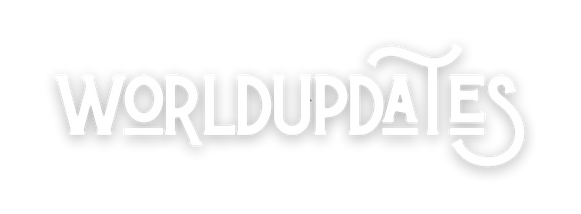
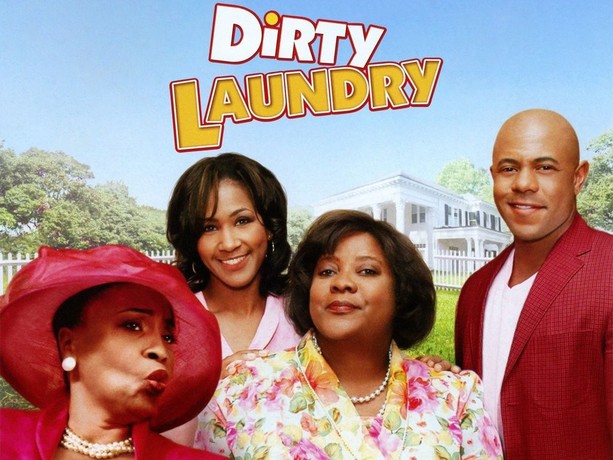







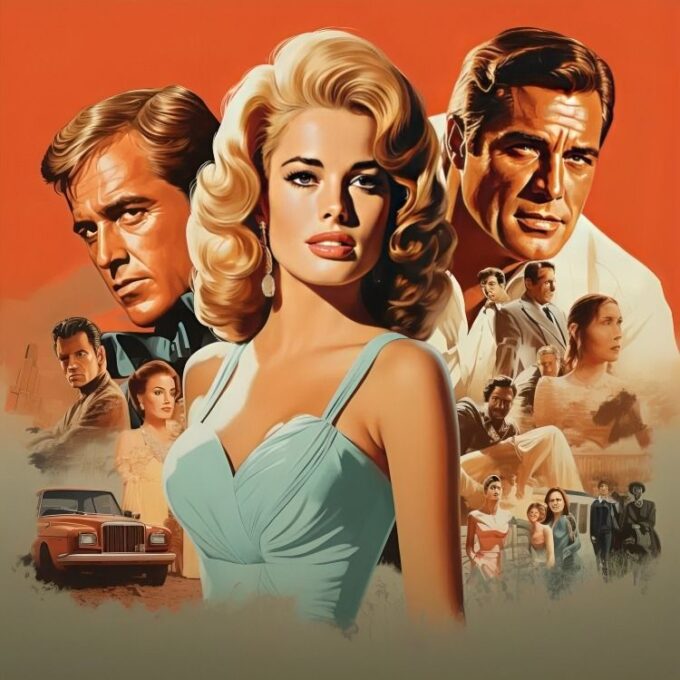
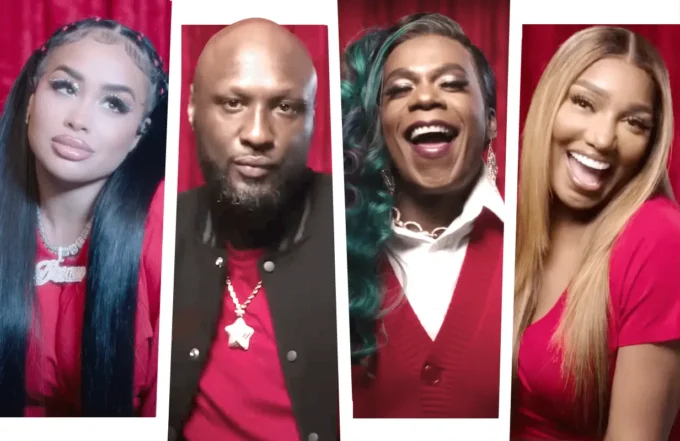
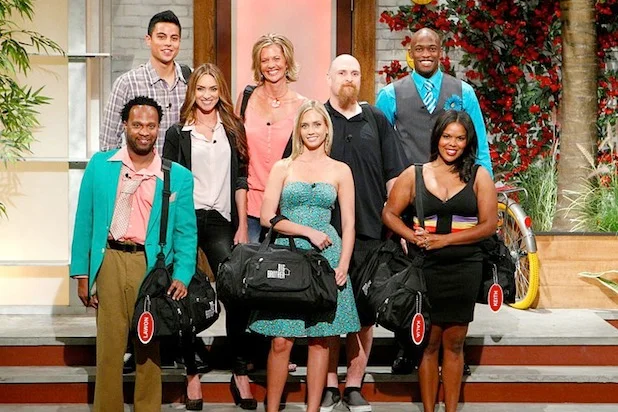


Leave a comment